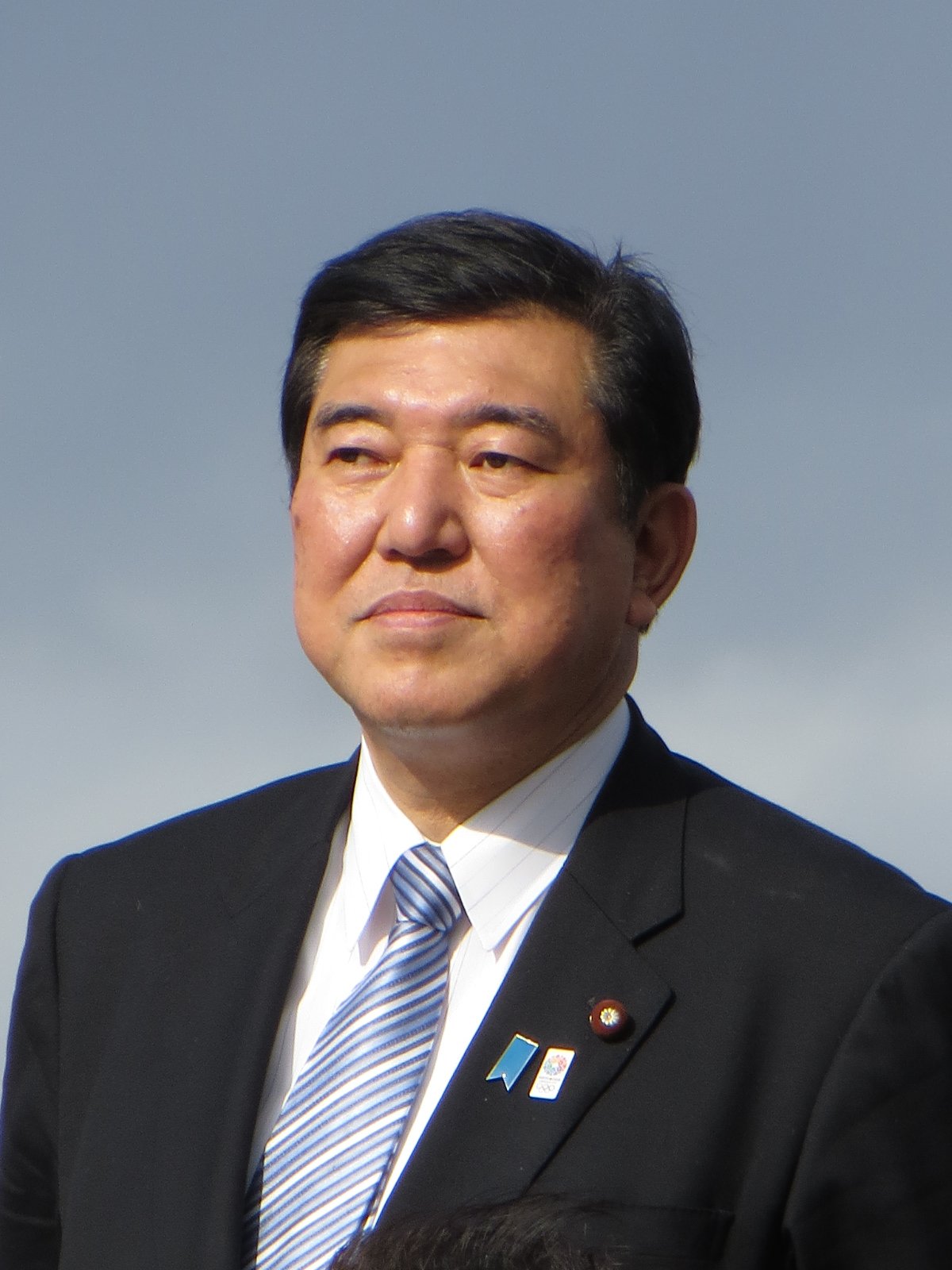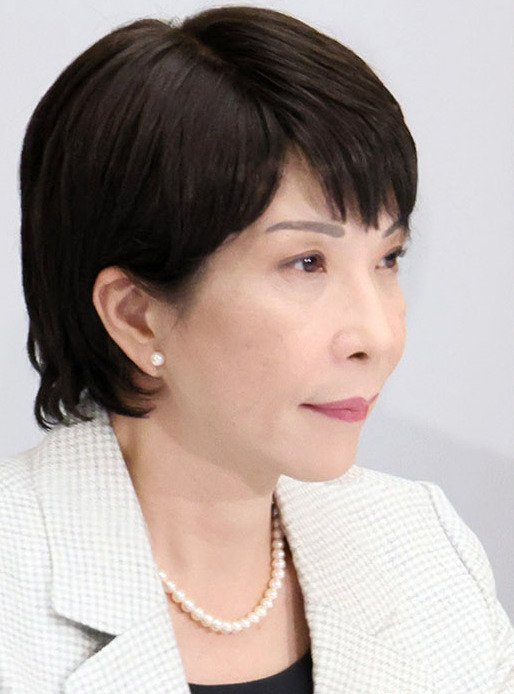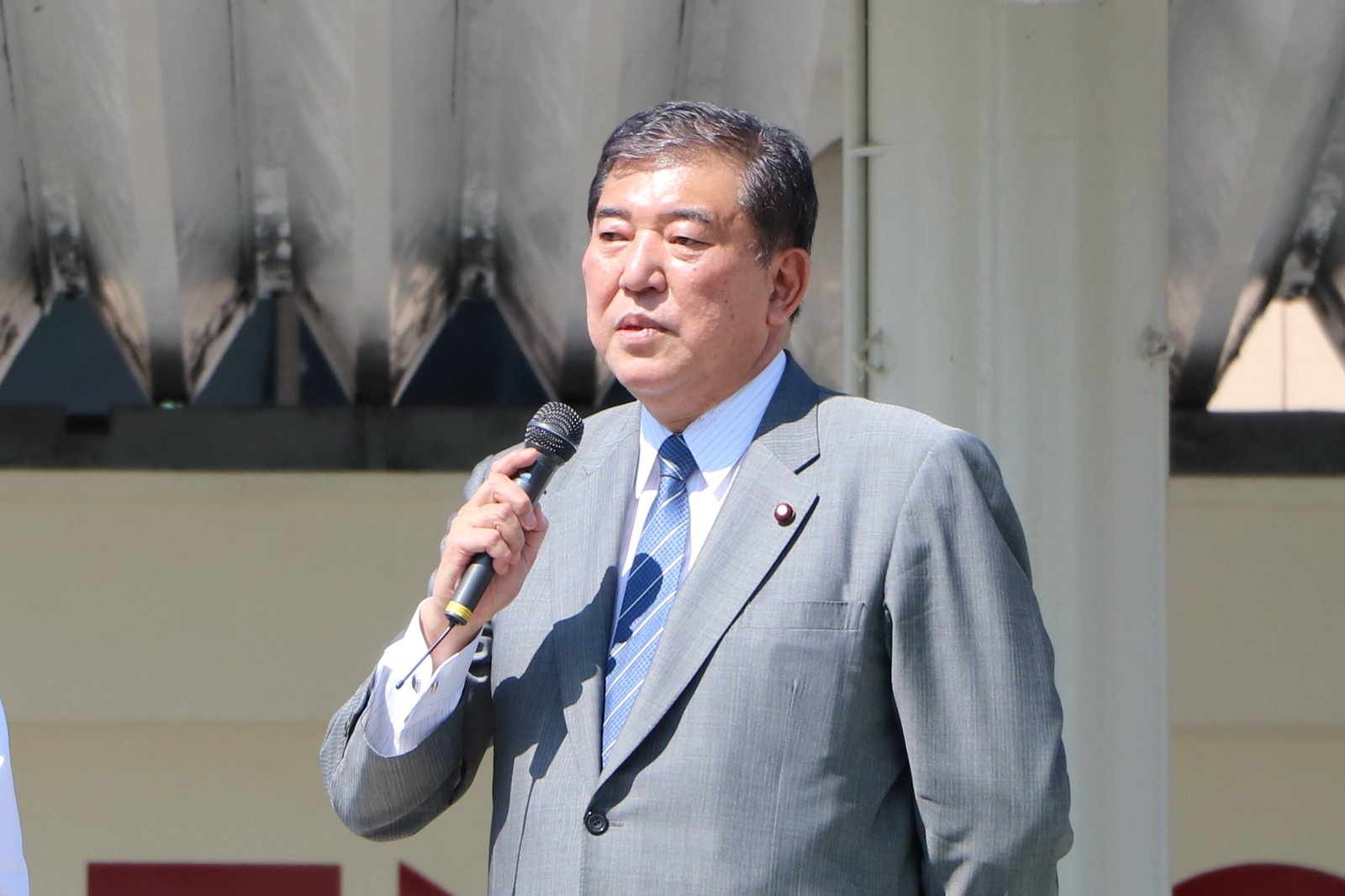Ishiba Ascends to Leadership of Japan’s Ruling Party
- Shigeru Ishiba has won the presidency of Japan’s ruling Liberal Democratic Party (LDP), positioning him to be Japan’s next prime minister.
- Ishiba’s victory signals a shift in the LDP’s stance, moving towards a more centrist approach.
- His policy priorities include making Japan a “safer” country, revising the Constitution, and economic revitalization.
- Ishiba’s election reflects his popularity among the Japanese public and a desire for change within the LDP.
Former Defense Minister Shigeru Ishiba has emerged victorious in his fifth attempt at the presidency of Japan’s ruling Liberal Democratic Party (LDP). This significant political development sets the stage for Ishiba to replace Fumio Kishida as Japan’s next prime minister. Ishiba, a policy expert with a deep understanding of defense, agriculture, and regional revitalization, secured 215 of the 409 valid votes cast by LDP lawmakers and rank-and-file members in a runoff vote, defeating economic security minister Sanae Takaichi.
Ishiba’s victory comes at a critical juncture for Japan, a nation grappling with economic challenges, security threats, and the need for political renewal. His leadership skills will be put to the test as he navigates these complex issues. One of the immediate challenges he faces is revamping the LDP, which has been stung by a slush funds scandal. Restoring voter trust will be crucial, especially with a possible national election looming by the end of the year.
Ishiba’s victory sends a clear message of change within the LDP, reflecting a desire for a more centrist approach and a leader who can critically assess the party’s direction. His election also signals a shift in the party’s stance, moving away from the conservative views that have dominated its policies in recent years.
Ishiba’s Policy Priorities and Foreign Relations
Ishiba’s policy priorities provide a glimpse into his leadership style and the direction he intends to steer Japan. He has expressed his commitment to making Japan a safer country and has proposed the creation of an Asian version of the NATO collective security framework. This proposal comes amidst high regional tensions, particularly between China and Taiwan, and draws a parallel to Russia’s invasion of Ukraine.
His stance on foreign relations, particularly with the United States, will be closely watched. While he emphasizes the need for a solid Japan-U.S. bilateral alliance, he has also indicated that he would seek to revise the agreement defining the status of U.S. forces stationed in Japan. This suggests a more assertive foreign policy, with a focus on strengthening the alliance while also calling for a more balanced relationship.
On the domestic front, Ishiba has expressed his intention to revise the war-renouncing Constitution to specifically mention the country’s Self-Defense Forces. This aligns with the LDP’s long-held goal of ending the domestic debate over the constitutionality of the armed organization. He has also taken a positive stance on allowing married couples to use different surnames, a contentious issue that has met resistance from conservative members like Takaichi, who value traditional family structures.
Economic Revitalization and Public Perception
Economic revitalization is another key area of focus for Ishiba. With economic growth remaining shaky against a backdrop of rising costs affecting households, he has floated the idea of imposing a higher tax on financial income. His victory has already had an impact on the economy, with news of his election sending the Japanese yen sharply higher against the dollar.
Ishiba’s victory reflects not only a shift within the LDP but also his popularity among the Japanese public. Known for his media appearances and willingness to criticize his own party when necessary, Ishiba has long been a popular figure with the general public. His election as party leader suggests a preference for a leader who can bring a fresh approach to governance and a stronger stance on national security.
In conclusion, Shigeru Ishiba’s election as the leader of Japan’s ruling Liberal Democratic Party marks a significant turning point in Japanese politics. His leadership will be closely watched as he navigates complex domestic and international challenges. His policy priorities, including security, economic revitalization, and political renewal, provide a roadmap for his tenure as Japan’s next prime minister. His victory also underscores the desire for change within the LDP and among the Japanese public, setting the stage for a new era in Japanese politics.













Post Comment